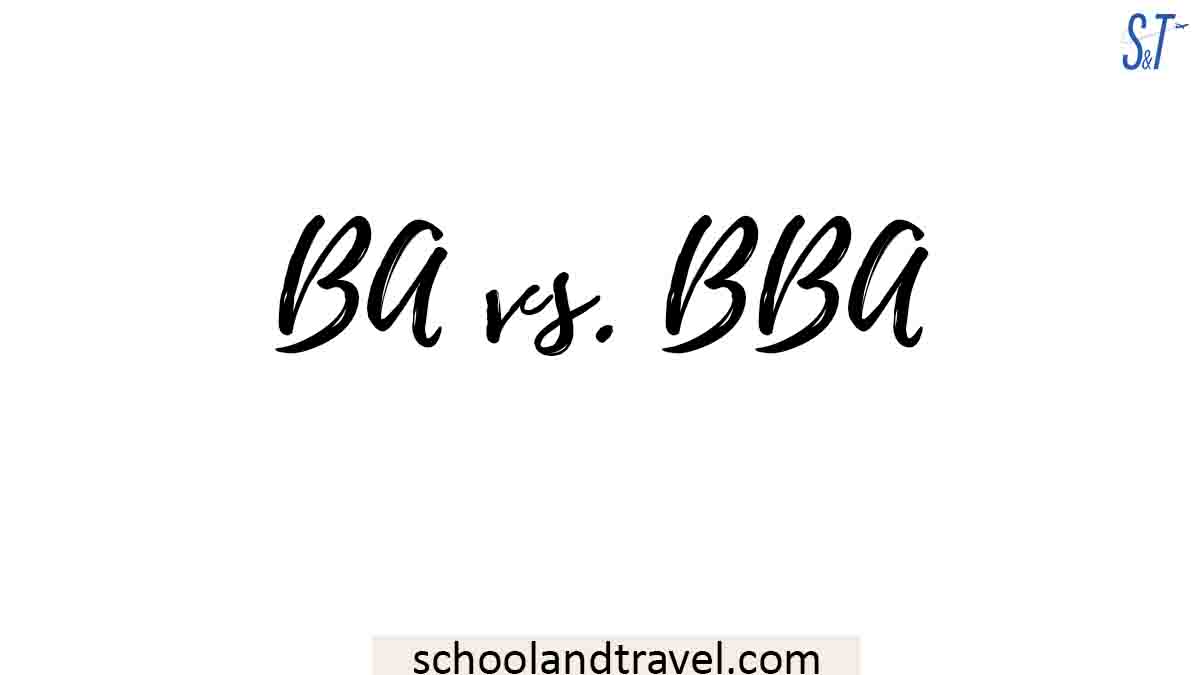Before answering this question, TOEFL stands for “Test of English as a Foreign Language.” TOEFL is a standard high-level test to measure and examine the English language (reading, speaking, writing, and listening) ability of non-English speakers wishing to enroll in English-speaking universities.
More than 11,000 universities and other academic institutions in at least 100 countries accept the test or examination. TOEFL is one of the two major English Language exams globally, the other being the IELTS (International English Language Testing System).
Is TOEFL hard?
This question does not have a specific answer because contrary to the popular saying,
“What is good for the goose is not always good for the gander”
unknown
our ability to execute well – independent of the situation, place, or (and) condition – differ as much as our faces do.
That being said, among all English Language testing examinations, TOEFL is considered the easiest amongst them.
On the other hand, if English is not your first spoken language and you want to attend an English-speaking university or enroll in a graduate program, you will most likely need to submit TOEFL scores. In such a situation, you will have a lot of questions like:
- Just how hard is the TOEFL hard?
- Should I study that hard for a TOEFL examination?
- What should be the standard Area of Concentration for more efficiency while studying for the test?
- How do they present the exam?
- What should I be most prepared for? Should I expect the worst and hope for the best?
Sections of TOEFL:
TOEFL has four different aspects, namely; Reading, Listening, Speaking, and Writing. Each section is scored from 0-30, and since it is divided into four, your total score will range from 0-120. The four different sections of the examination are;
- Reading section.
- Listening section.
- Speaking section.
- Writing section.
The Reading Section
The TOEFL reading section is made to examine how well the examination candidate can read, understand, and interpret the kind of materials used in an academic setting.
TOEFL aims at a more academic approach to the English language, so there are few history and science articles in the TOEFL.
The test only talks about academic vocabulary and the likes. However, it doesn’t always need to be more challenging for you.
A lot of academic vocabularies or words (most especially the scientific ones) have Latin foundations. So if your language also has Latin roots (like French, Italian, etc.), you might eventually find out that many academic vocabularies are easy to guess.
Read this: Academic Strengths and Weaknesses (Well Explained)
The reading section can also be found to be difficult because the allocated time is limited. Time is a relatable factor for virtually everyone that has ever written any examination.
However, if you would like to get excellent grades from the TOEFL reading section, you have to be ready to read academic articles as practice for the test and managing your time, against whenever it may be scheduled.
The written essay or article is usually between 600 and 800 words, and you are expected to answer about 15 questions within 20 minutes.
The Listening Section
The Listening Section is the second section of the TOEFL. It usually consists of 3 conversations and four lectures. The conversation is 2-3 minutes between two individuals, while the lecture part is 4-6 minutes of either a professor having an interactive class with their students or delivering a speech to people.
The conversation part has five questions, and the lecture consists of 6 questions making it a total of 11 questions. Some tests might even include an extra conversation, two more lectures, and experimental questions. The experimental questions aren’t worth any points because they aren’t attributed any marks.
Still, the test is designed so that you won’t even know which section contains the said “Experimental questions” until you get your test. The experimental questions will affect the time given to whichever section they might appear in.
In most cases, there are a total of 34 questions in the listening section, and you’ll have 20 minutes to respond to these questions. Excluding the time you will spend listening to the lectures or conversation.
But if your test happens to have the 17 experimental questions included, you be given 30 minutes instead to complete 51 questions. The entire listening section (including the time you will listen) will take around 60 – 90 minutes.
Read this: How long does the ACT take and time management tips
Is TOEFL hard?
The Speaking and Writing sections
In the speaking and writing sections, there is usually not a solid “Yes” or “No” answer. In this section, the TOEFL assesses not just your ability to speak and write well, but also your ability to receive information through various abilities, and process it into essays and speeches. It all depends on your organization’s ability or skills.
The second reason for the difficulty level of these two parts being difficult to judge is because there is no clear right or wrong response. It all comes down to how you structure and explain your responses.
At the same time, because you use the same skills and information to aid you through the integration phase, the challenge level here is slightly greater than in the reading and listening sections.
However, on the opposite hand, you’ll determine your difficulty level with questions that don’t require you to collect information from readings or recordings. Thus, it’s all up to you.
Conclusion
To be quite frank, there is no answer to this question. The best way to prepare for a test is to read and practice mock questions, discipline yourself, eliminate any distractions, and put in the maximum effort while being time conscious.
Also, have complete confidence in your abilities and do your best!
Awesome one; I hope this article answered your question.
Share this Information.
Related articles:
- How to Create a Balanced Plate: The Key to Healthy Eating
- How to Start a Virtual Book Club with Friends
- The Top Credit Score Hacks Every Young Adult Should Know
- The Pros and Cons of Rental Property as a Passive Income Stream
- Enhancing Your Clinical Psychologist Job Prospects with Professional Help





